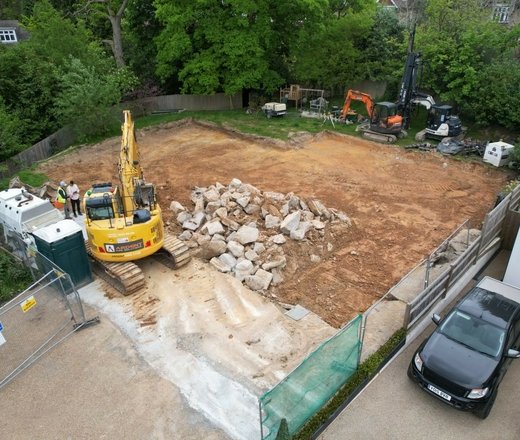A sealed bid is a form of auction – when there is significant interest in a property, the agent will invite those interested in purchasing the property to submit a sealed bid. Ideally, the seller then chooses the best bid. This may not always be the highest bid, but can be based on other factors, like how quickly they are happy to move, or whether they are a cash buyer. The sealed bid process can be exciting and fast paced, but there are risks involved.
What are the advantages and disadvantages?
Depending on whether you are buying or selling your property by sealed bid, there are a variety of advantages and disadvantages. A sealed bid offers the chance for sellers to sometimes get more than anticipated for their property, as bidders pay what they are willing to spend, with no idea what other bidders might offer. However, as a bidder, the advantage is a quick change of hands and the chance to get a property you love for a price you’re happy with. Remember though that properties are really only worth what you’re willing to pay for them – it’s easy to end up offering more than you can afford because you don’t want to miss out on the property that was so nearly yours. Make a bid that you are comfortable with and which you’ll be happy if is accepted.
How do I make myself a strong bidder?
Offering the highest price isn’t always what makes you the strongest bidder.
Other elements that make you a strong bidder (and are worth putting in your bid letter):
- Suggest a clear timeline (and show your flexibility)
- Proof of funds (a copy of your bank statement proving you have the deposit)
- Mortgage Agreement in Principle
- What makes you different (and appealing) – are you a cash buyer/chain free?
- Include your solicitor’s details – it shows you’re organised and serious about the offer.
How does the process work?
A sealed bid will be administered by an agent, and a time limit will be given. You can still visit the property, and in many ways, the process is the same as a traditional purchase, right up until the deadline on the offers. You hand over (most likely email now) an offer letter, containing the bid and other relevant information. After the deadline has passed, the agent should let you know in a timely manner whether you have been successful or not.
Tips and tricks for sealed bids
- Make sure you know how much you can afford - don’t let yourself get carried away bidding because you want the property. Not following through on your offer will make you look bad further down the line, if you end up in another sealed bid.
- Pick an uneven number. Instead of £300,000, pick £301,359 – you may just pip another bidder to the post, but not end up spending way too much. It will also ensure you don’t offer the same amount as another bidder.
- Make an impression – put together a well prepared bid submission. The buyer is going to choose someone who is the most solid and reliable offer – however there is no harm in mentioning you are hoping it will be a family home to the family who are selling (if this is true!). Sellers can make decisions based on personality, if the offers are very similar.
Is sealed bidding for me?
Sealed bidding is great for sellers, and for some buyers, if you know you want that property and you know how much you are willing to spend. If you are a cash buyer or have a mortgage in principle and are ready to go, being a sealed bidder may work particularly well for you. Just remember to only ever pay what you can afford and what you would be happy spending.
Note - some elements of sealed bids are different in Scotland, where acceptance of a sealed bid is a binding contract.

Market your property with Maddisons Residential
For many, the first point in their house moving journey, is to understand the value of their current home. Whether you want a quick, instant, online indication, or a more robust property specific and individual valuation, we would be delighted to help.





